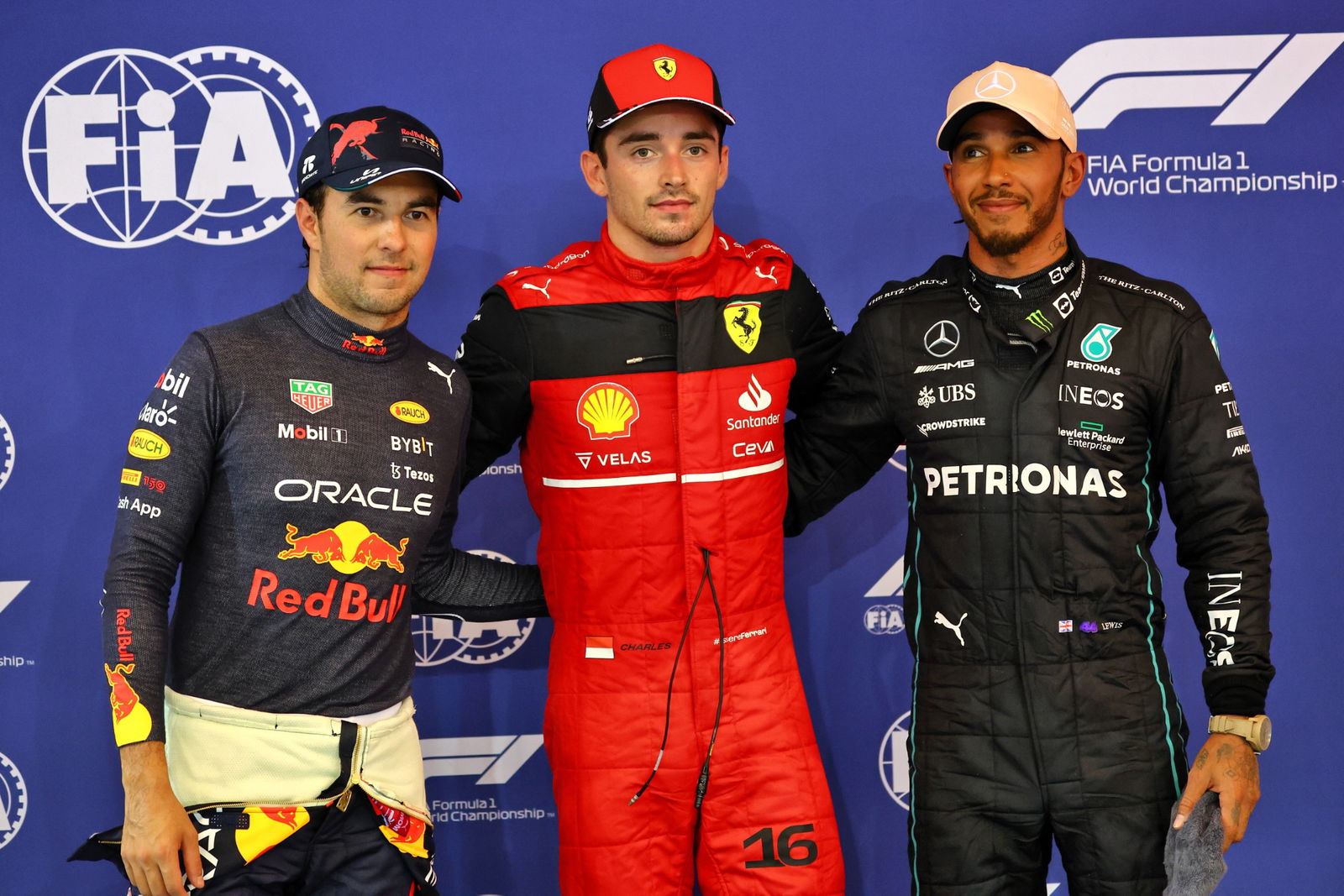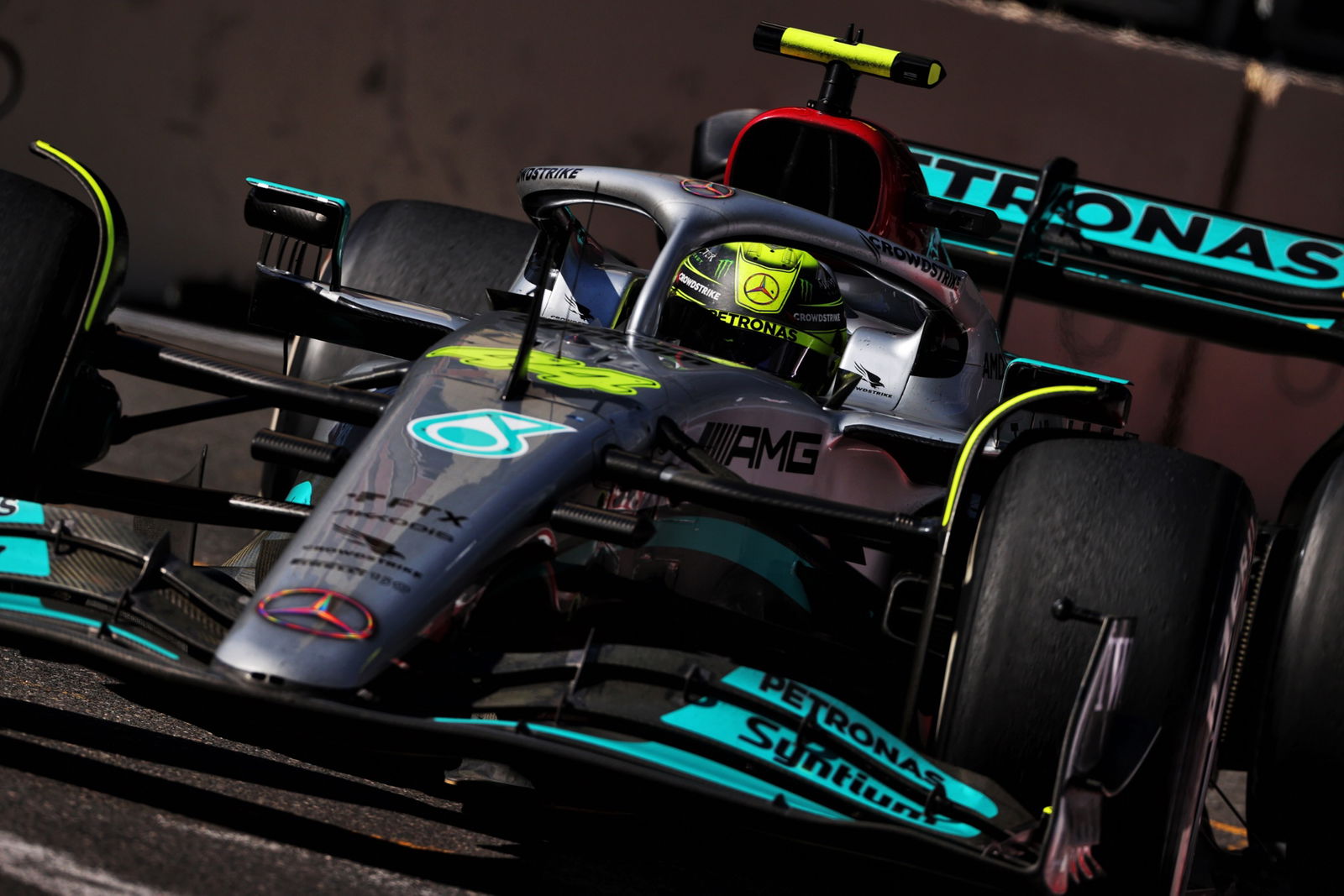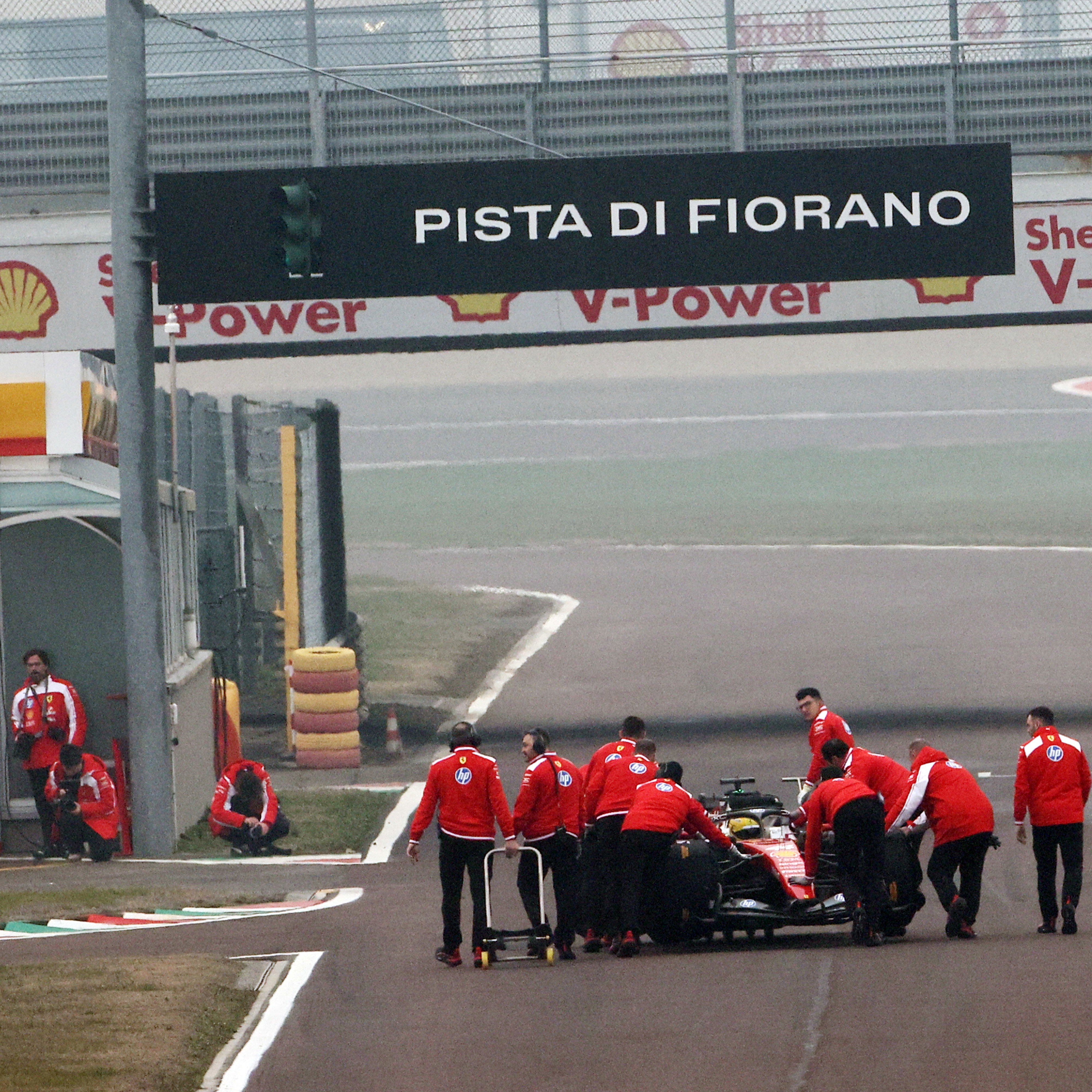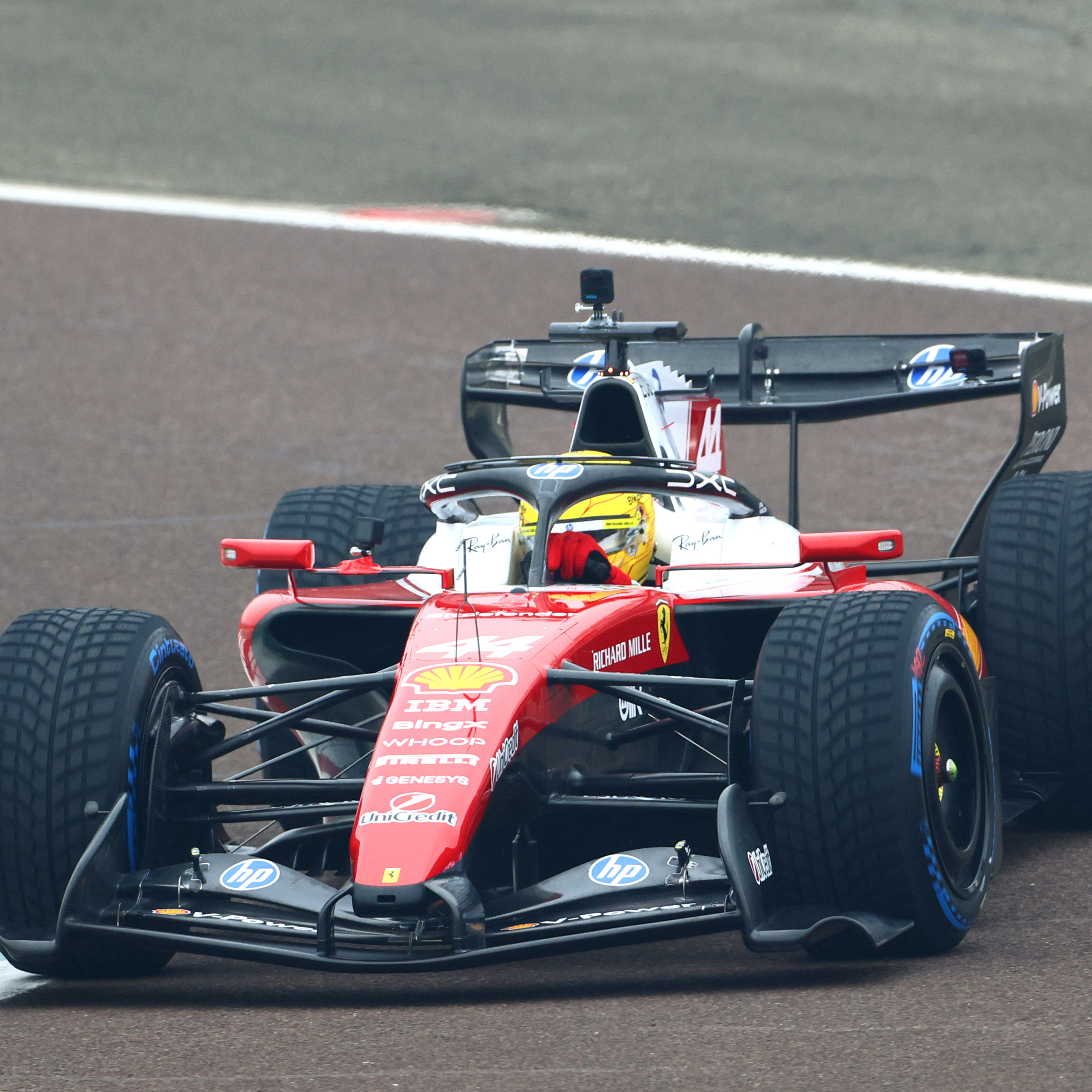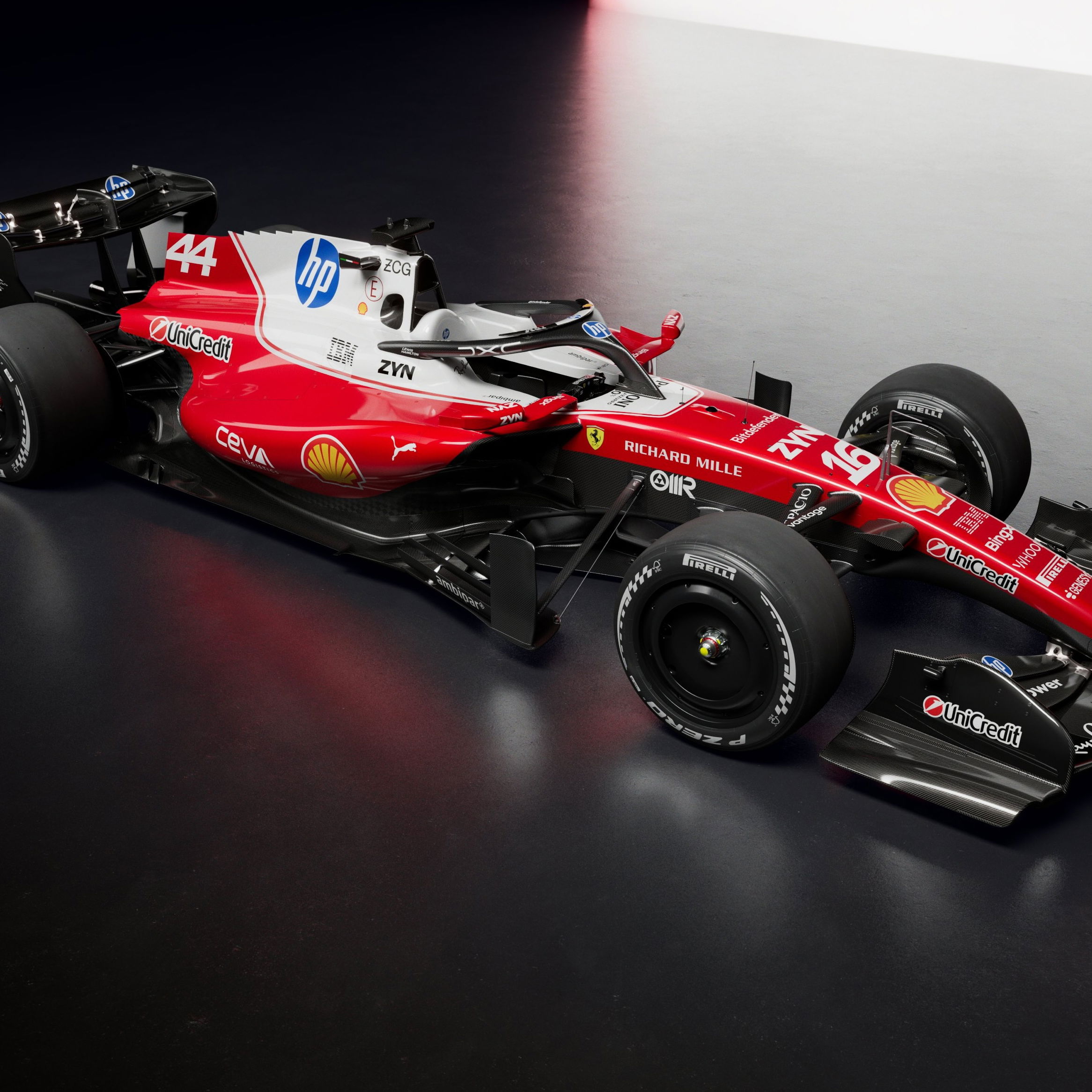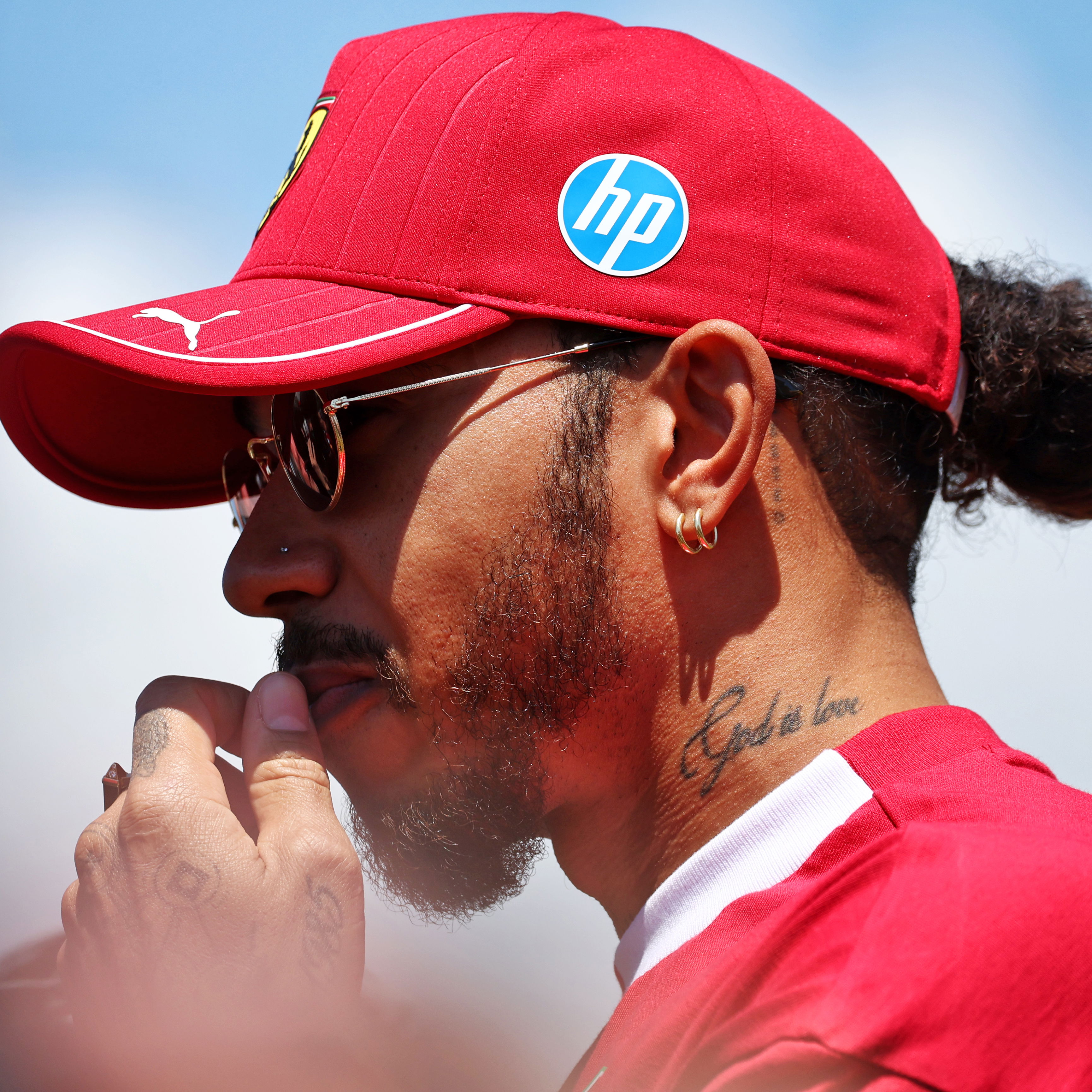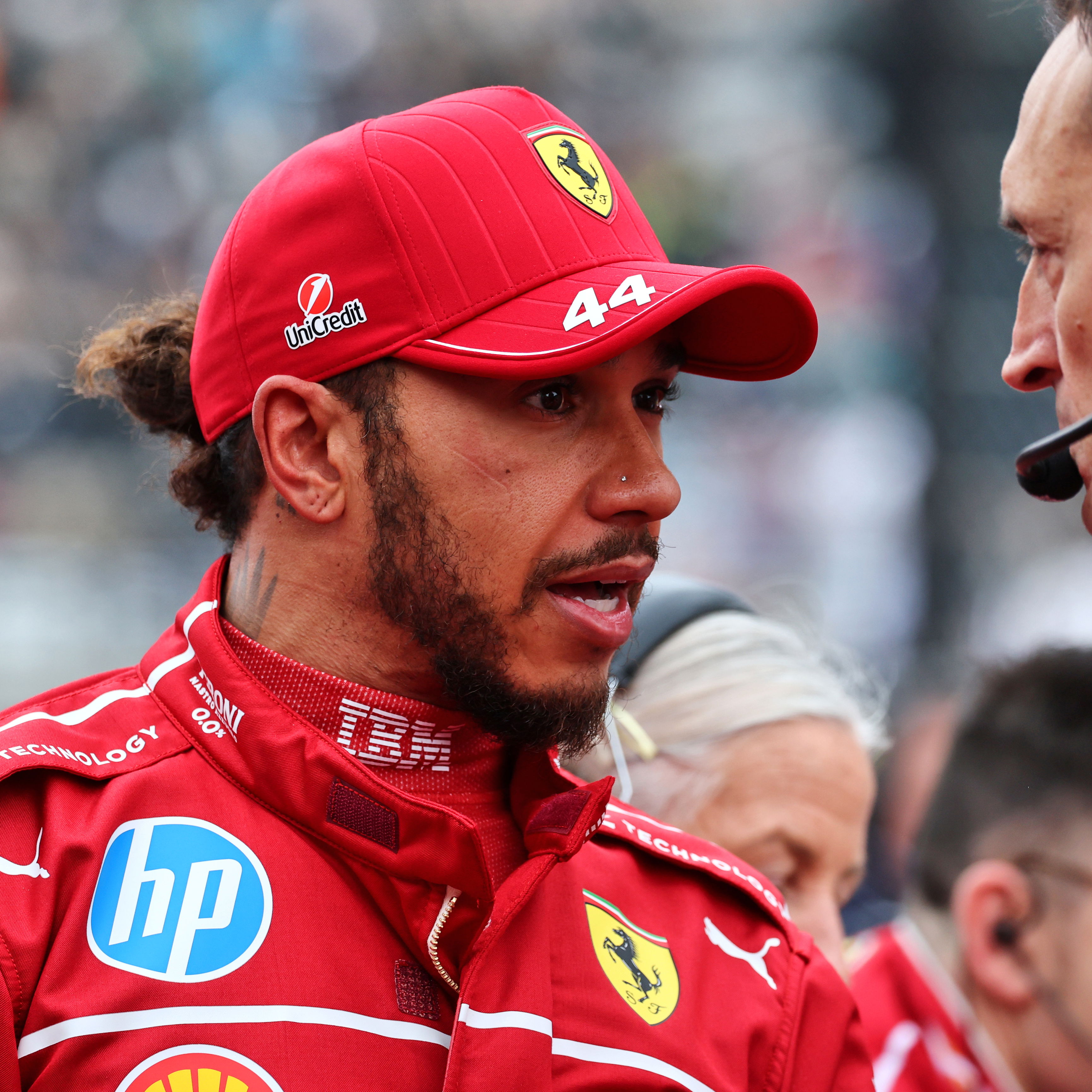Explained: The 10 major rule changes for F1 2023

F1 will embark on its longest season yet when the 2023 world championship kicks off in March in Bahrain.
Max Verstappen is going in search of a third consecutive world title, while Charles Leclerc and George Russell hope to win their first.
Lewis Hamilton is still eyeing a record-breaking eighth title, but will Mercedes get it right with the W14?
The FIA have made a number of tweaks and changes to the rules for 2023.
Technical changes
After porpoising dominated the headlines in 2022, the FIA have made further changes to help eradicate the phenomenon.
F1’s minimum ride heights have been raised by 15mm, while the diffuser throat has also been raised to accommodate the aforementioned change.
There will be new sensors installed to measure the car’s vertical forces accurately - something that was initially introduced at the Belgian Grand Prix.
The minimum weight of the cars has dropped by 2kg from 798kg to 796kg.
Roll hoops have been strengthened following Zhou Guanyu’s horrific crash at Silverstone.
Grid penalties
After the enormous amount of confusion surrounding back-of-the-grid penalties in F1, the FIA have clarified to make it less complicated.
Drivers who receive “more than 15 cumulative grid position penalties, or who have been penalised to start at the back of the grid, will start behind any other classified driver.”
Tyres in qualifying
F1 will be experimenting with tyres in qualifying.
For two events, all drivers will be required to use just hard tyres in Q1, mediums in Q2 and softs in Q3.
Pirelli boss Mario Isola believes it’s more sustainable for the tyre manufacturer.
"We got the proposal for next year,” Isola said. “It is my favourite scenario. We are talking about durability. Currently with the current regulations, you have to be careful with the Soft tyre for qualifying and you can't use it for the race.
“If you allocate two sets of Hards for Q1, two sets of Mediums for Q2 and two sets of Softs for Q3, you still have six sets for the race. That's perfect. We save a lot of tyres with that, without disrupting the F1 show."
More sprint races
The amount of sprint races for 2023 has doubled.
There will be six sprint weekends: Azerbaijan, Austria, Belgium, Qatar, USA and Brazil.
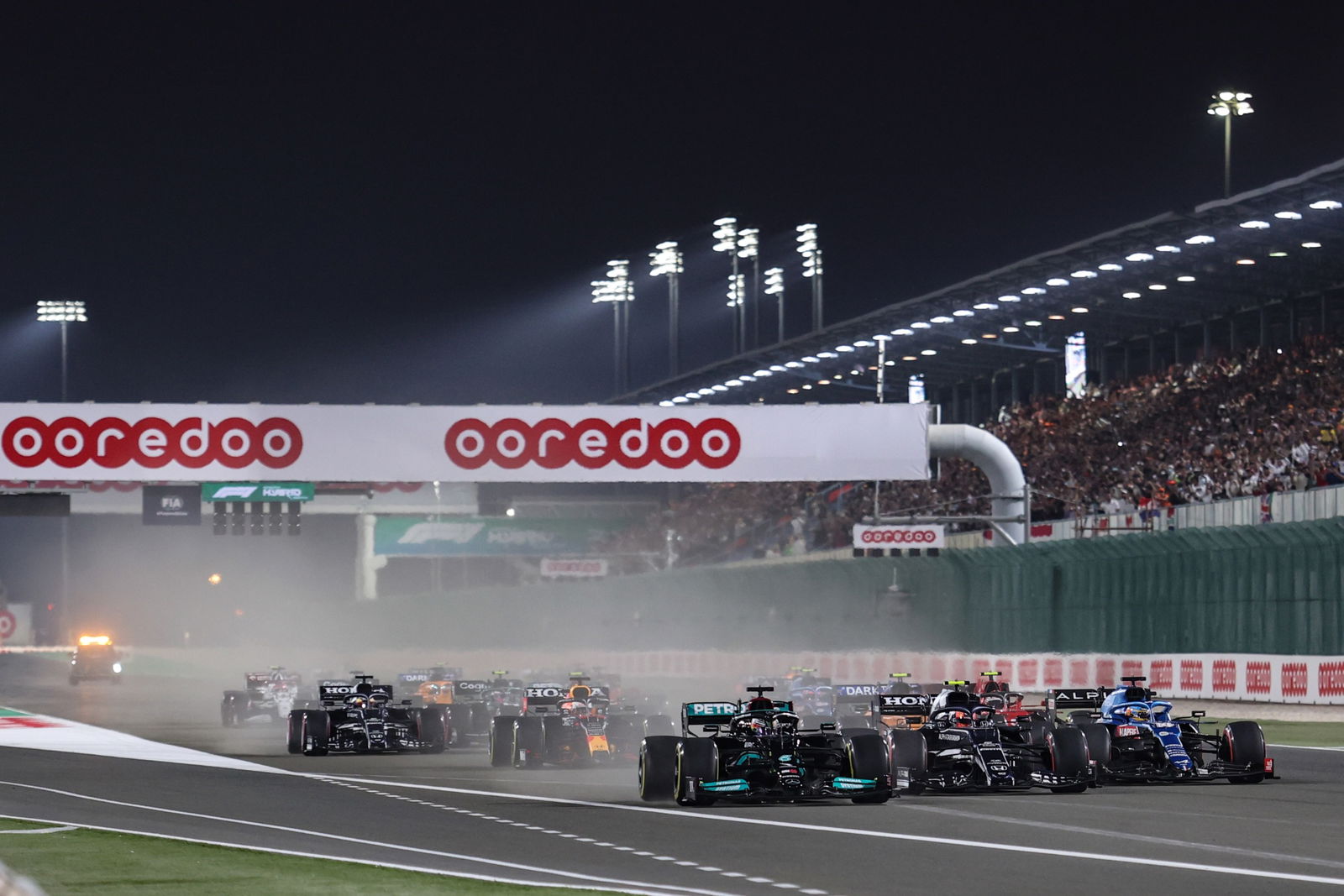
Changes to the mirrors
As F1 looks to improve visibility, changes have been made to the rear-view mirrors.
The width of the reflective surface has increased by 50mm from 150mm to 200mm.
Work hours reduced
The number of hours worked by F1 team personnel across grand prix race weekends will be reduced over the next two seasons.
The third of three restricted periods (on Fridays) will start an hour earlier in 2023, with another hour set to be taken off for 2024.
Finally, the number of curfews allowed for the first Wednesday and second Thursday will also be cut in half - again, in a bid to reduce work hours in the paddock.
Gearboxes
F1 has tightened up its rules surrounding gearbox modifications.
Changes are now only permitted “in the case of materials, processes or proprietary parts becoming unavailable”, with no performance benefit.
Extra freedom with fuel temperature
Teams are being given extra freedom for 2023 regarding the cooling of fuel.
As explained by F1.com, “fuel in a car must not be colder than the lowest of either 10 degrees centigrade below ambient temperature, or 10 degrees centigrade (this being cut from 20 degrees), at any time when the car is running after leaving the competitor’s designated garage area.”
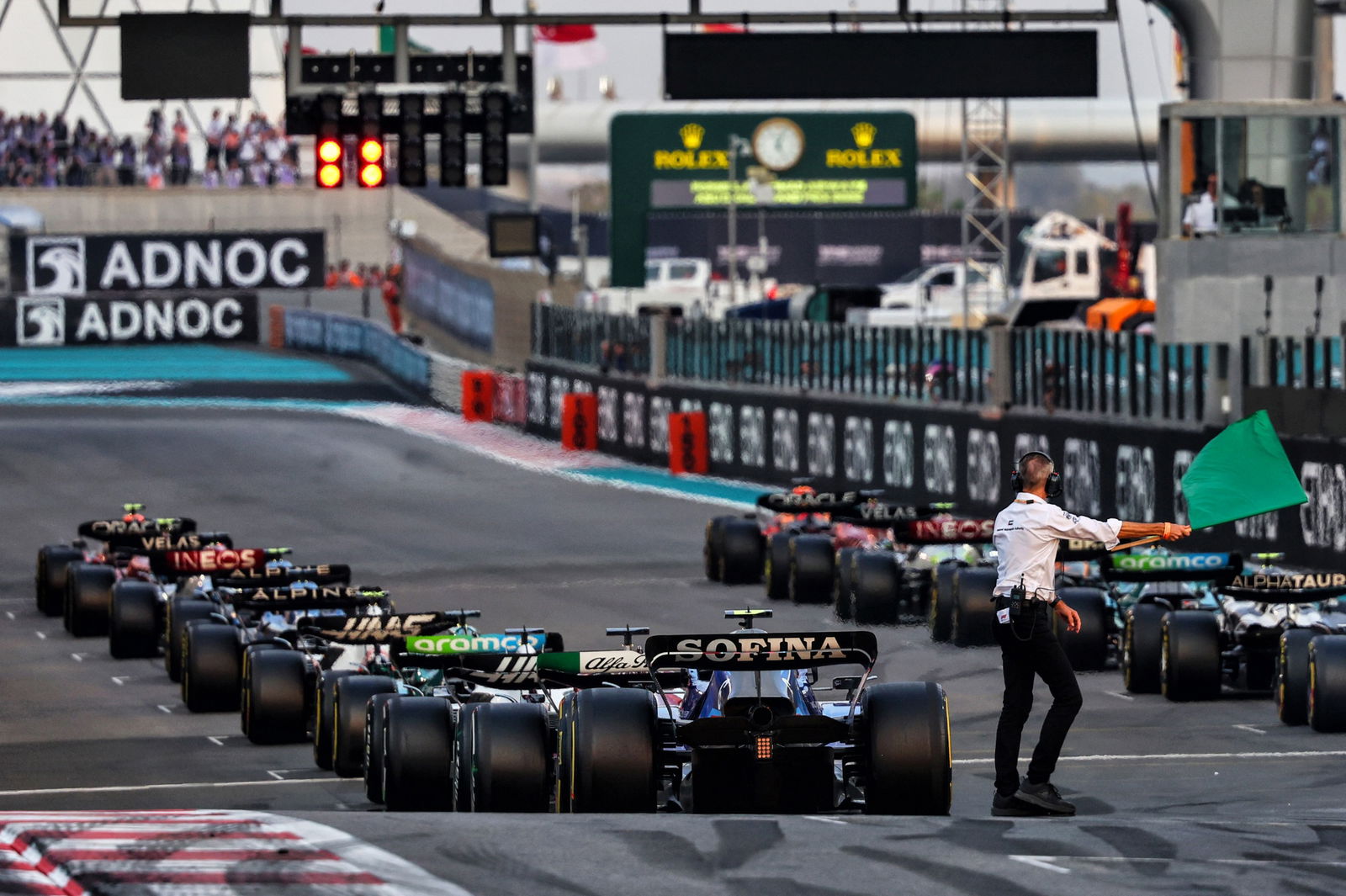
Changes for wet weather
Following a meeting of the F1 Commission in February, there will be a number of changes to improve the cars and racing in wet weather.
There will be a new specification of wet tyre for the Emilia Romagna Grand Prix onwards.
While a technical directive is set to be introduced to give teams the opportunity to get involved in the new “wet weather package project”.
This has been supported by the teams to improve visibility in wet conditions.
Other changes - Radio & Cost Cap
The F1 Commission have also agreed to relax the rules surrounding team radio.
The F1 cost cap has been adjusted by $1.2m - $1.8m (per race) for every grand prix after 21 races.
Parc ferme rules have been relaxed in sprint weekends, “allowing a greater scope to change components that are prone to getting damaged, and greater use of self-declared Parc Fermé forms.”
